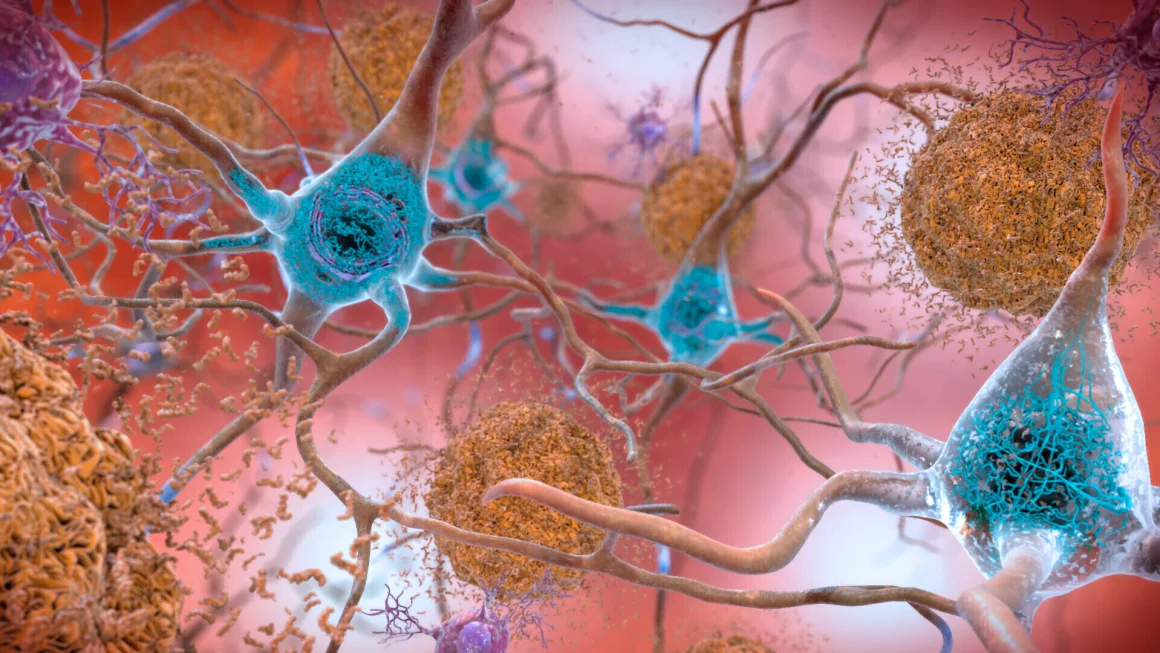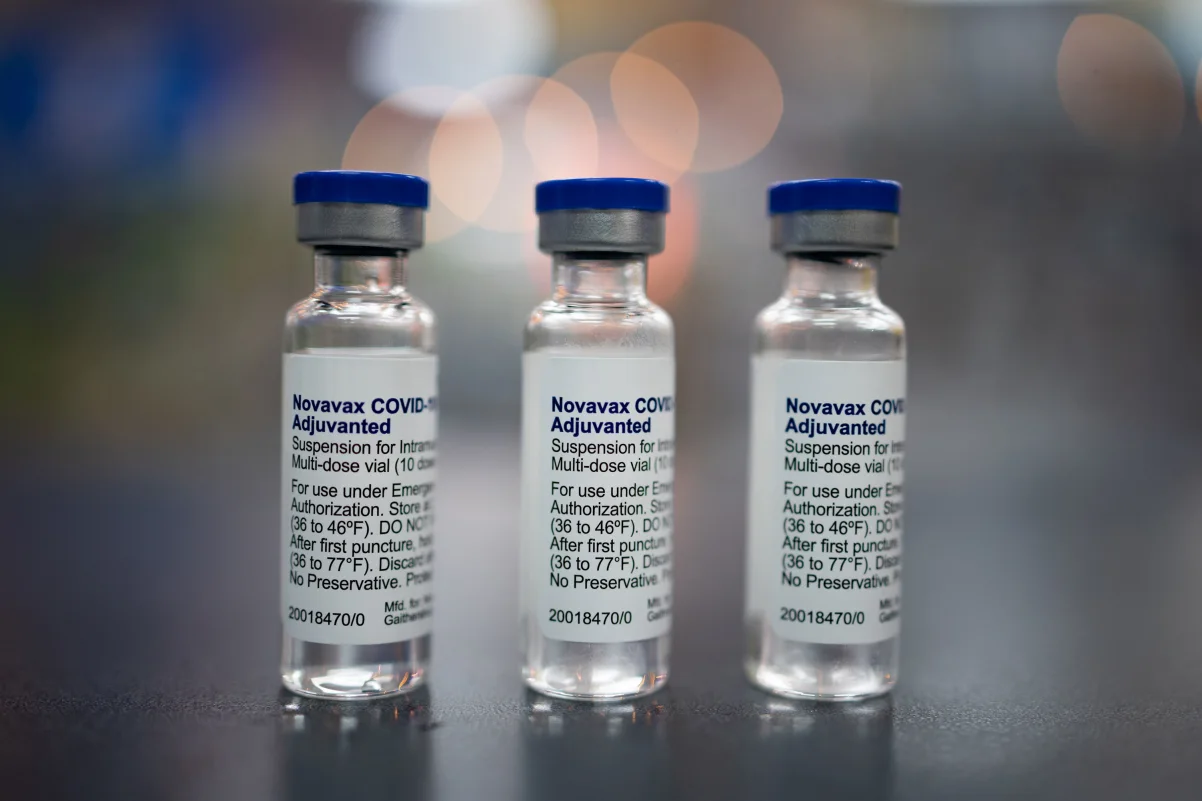
Post By : 2025-05-21"
‘Amazing’ reduction in Alzheimer’s risk verified by blood markers, study says"
When Penny Ashford’s father was diagnosed with early-stage Alzheimer’s disease at age 62, she knew the devastating brain disorder might one day steal her memory. In her late 50s, her free-floating anxiety turned to outright panic when she began struggling to find words.
“I couldn’t tell a story. I couldn’t get my words out,” said Ashford, now 61. “I remember sitting at a dinner party one time, and I couldn’t finish my thoughts. It was the most unbelievable moment.
“I came home and sobbed and told my husband, ‘Something is wrong with me. I can’t talk,’” she said. “I was petrified.”
Today, after a complete revamp of her lifestyle and overall health, Ashford’s struggles with retrieving words have eased, while measures of amyloid and tau proteins and neuroinflammation — all hallmark signs of Alzheimer’s — have fallen.
Ashford knows about these improvements because she’s part of a unique study tracking her progress via key blood biomarkers now being used to help diagnose early dementia. Instead of relying on painful spinal taps and expensive brain scans, these blood tests are heralded as a new, less invasive and time-consuming way to determine risk and aid in an earlier diagnosis of Alzheimer’s.
The preliminary data, presented Monday at the American Academy of Neurology annual meeting in San Diego, analyzed biomarkers on 54 participants in an ongoing preventive neurology study called the Biorepository Study for Neurodegenerative Diseases, or BioRAND.
Ad
Penny Ashford's father Barry Murphy, 75, blows out his candles while granddaughters look on.
Courtesy Penny Ashford
Today, after a complete revamp of her lifestyle and overall health, Ashford’s struggles with retrieving words have eased, while measures of amyloid and tau proteins and neuroinflammation — all hallmark signs of Alzheimer’s — have fallen.
Ashford knows about these improvements because she’s part of a unique study tracking her progress via key blood biomarkers now being used to help diagnose early dementia. Instead of relying on painful spinal taps and expensive brain scans, these blood tests are heralded as a new, less invasive and time-consuming way to determine risk and aid in an earlier diagnosis of Alzheimer’s.
The preliminary data, presented Monday at the American Academy of Neurology annual meeting in San Diego, analyzed biomarkers on 54 participants in an ongoing preventive neurology study called the Biorepository Study for Neurodegenerative Diseases, or BioRAND.
Ad Feedback
“The field is primarily using various biomarkers to determine if you have dementia or not,” said lead study author Dr. Kellyann Niotis, a preventive neurologist who researches risk reduction for Alzheimer’s and Parkinson’s diseases at the Institute for Neurodegenerative Diseases in Boca Raton, Florida.
“No one is really looking at the changes in these biomarkers as outcome measures, as a way of tracking progress in a person’s journey to improve their brain,” Niotis said. “We believe these biomarkers may show how the disease progression is being modified biologically by a person’s actions.”
Less invasive test for Alzheimer’s risk
Alzheimer’s blood tests are the key to widespread prevention of dementia, experts say. If people can be diagnosed in their doctor’s office, they can more immediately move into preventive care and implement lifestyle changes designed to slow the progression of their disease.
The problem, said senior study author Dr. Richard Isaacson, is the variability in how well these new blood biomarker tests work to predict or track disease progression.
"Copyright 2024 All Right Reserved By Urban Reports News








